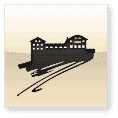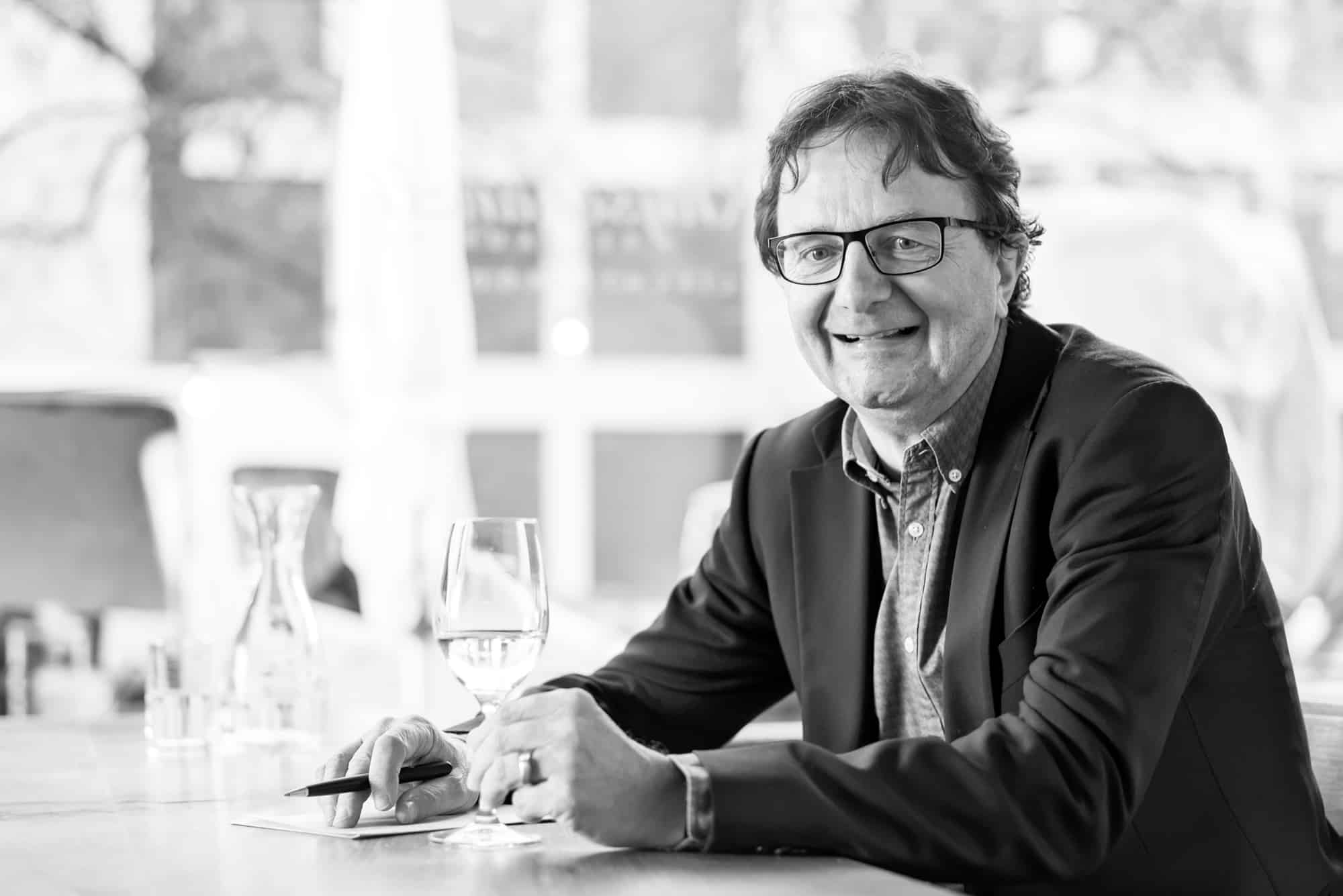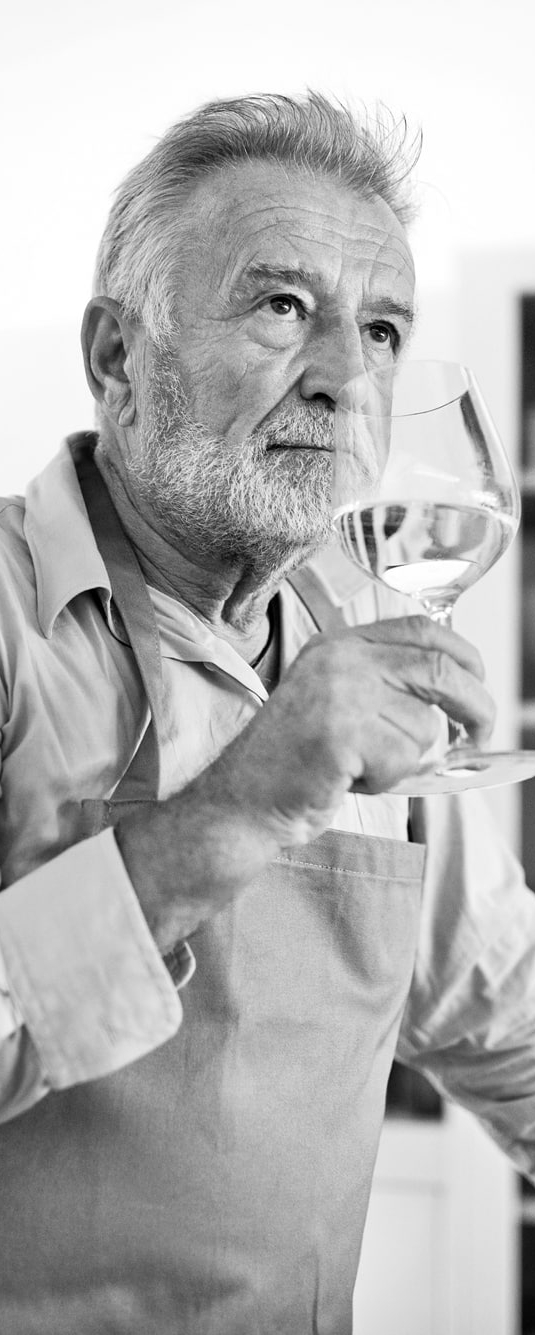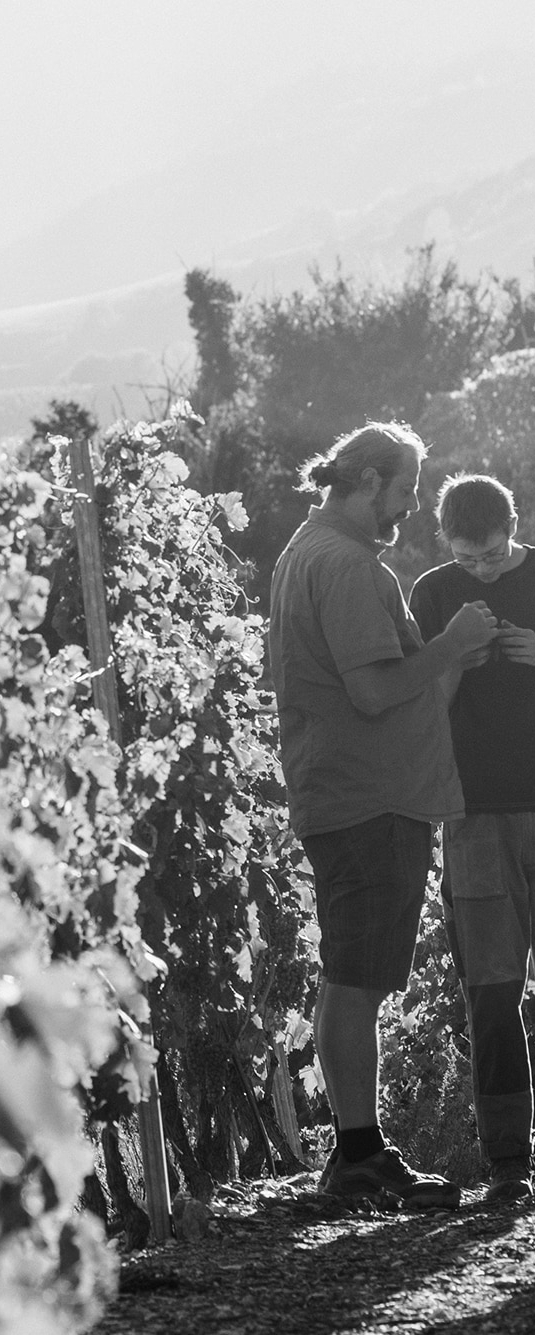The future is called biodynamics
The industrialization of agriculture and the intensive use of nitrogen fertilizers have led to plants becoming sick more often and showing less vitality. Vineyards that are (have to be) treated with chemical sprays were and are not excluded from this development. However, more and more winegrowers want to counteract this unhealthy and ultimately harmful development and have switched to organic or even biodynamic cultivation.
Biodynamics in particular is gaining in importance in broad producer circles. In fact, the wineries seek an individual approach to this method, which goes back to the anthroposophist Rudolf Steiner. Those who embrace this philosophy rely on a mixture of cow manure and grated quartzite buried in the ground in cow horns, spray homeopathically diluted preparations and tea infusions instead of synthetic chemical pesticides, prune the vines and bottle the wines according to the phases of the moon. One winemaker described biodynamic viticulture succinctly and comprehensibly: It is the art of reflecting the individual location characterfully in the wine.
Many reject philosophy as “mumbo-jumbo” that lacks any scientific basis. But that is not the point. The holistic approaches of biodynamics can rather complement the scientific view. The method is also not intended to be in direct opposition to conventional economics, but at best to provide solutions to combat increasing environmental problems. This also affects viticulture in most regions. The biodynamic method strengthens the resistance of the vines, improves soil fertility and promotes rare species of flora and fauna in the vineyards. Finally, the wines produced in this way, at least the knowledge I have experienced, are characterized by more tension, more complexity and more autonomy. They perfectly reflect their origin.
This is also true for the biodynamically produced and Demeter-certified Forestier 2019 of the Albert Mathier winery. The wine from Pinot noir presents itself with extremely promising assets, as a tasting shows. In the glass sparkles an intense ruby red. The drop reveals beautiful notes of red fruits on the nose, as well as subtle spicy-herbal hints.
On the palate, the medium weight crus stands out for its freshness, elegance, good structure and long-lasting finish. I recommend serving the exciting Forestier, deliberately aged in steel tanks, especially with poultry dishes. But also vegetarian dishes can be well combined with it.
The grapes for this trouvaille come from a vineyard in the Pfyn-Finges Nature Park. It is located at an altitude of 560 meters above sea level and is carefully and artisanly cared for according to biodynamic methods. This philosophy ensures that the unique natural and cultural landscape in Salgesch is preserved. Here, besides wine, other agricultural products are produced. The Pfyn-Finges Nature Park is also a place to live and experience, which attracts numerous visitors. So it is worth to take the one or other hike under the feet. The network is over 450 kilometers long – there is something for both the walker and the long distance runner.
After a day’s fitness, a glass of wine tastes all the better – even more so if it is produced organically. I am convinced that the future will belong to such plants. Today, there are many ways that the wine is manipulated and treated – similar to beers and distillates. For example, you can completely disassemble the noble grape juice into its individual parts and put it back together the way you want it. Who wants to drink that, let alone enjoy it? Wine is an individual drink that tastes different depending on the vintage and location. This makes it unique and sets it apart from other products. This is where organic and biodynamic production provides valuable support. Many are bothered by the esoteric aspect of the method. But the goals are different: one wants to maintain a stable balance in the vineyard and produce wines that taste as good as possible – as exemplified in the Pfyn-Finges Nature Park by producers like Albert Mathier.



